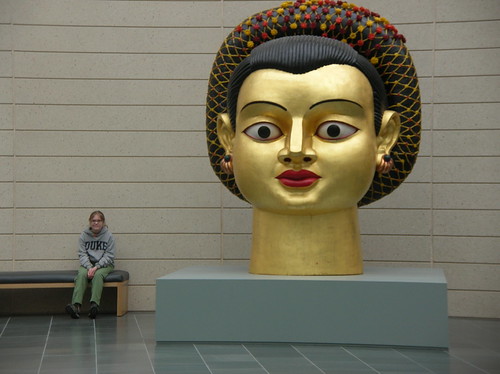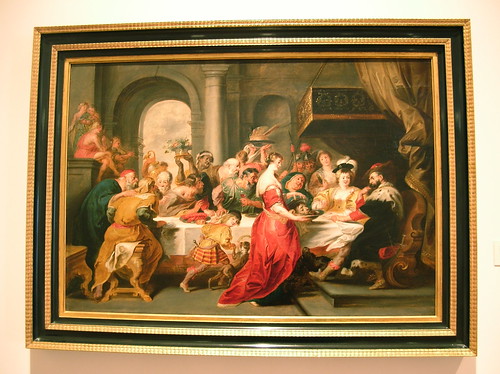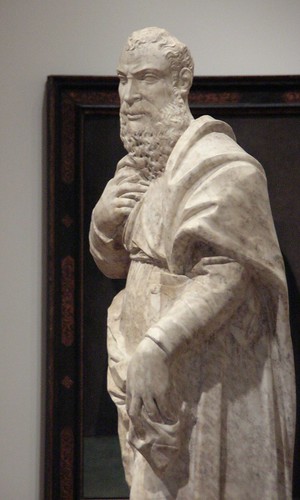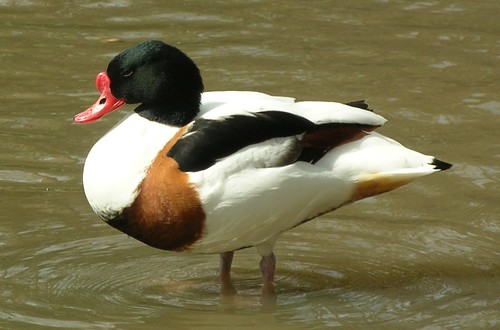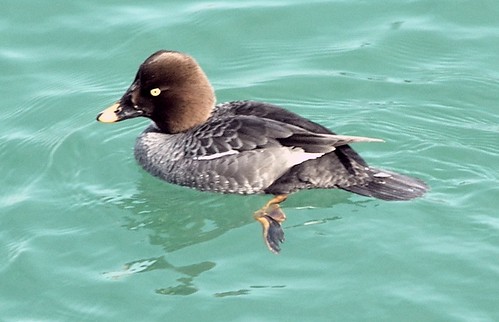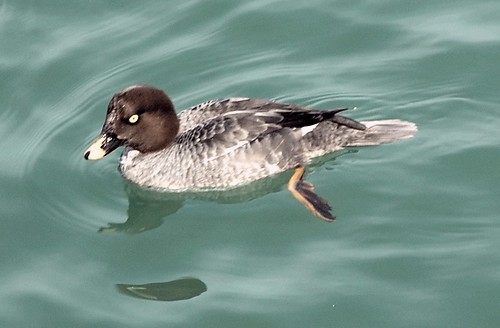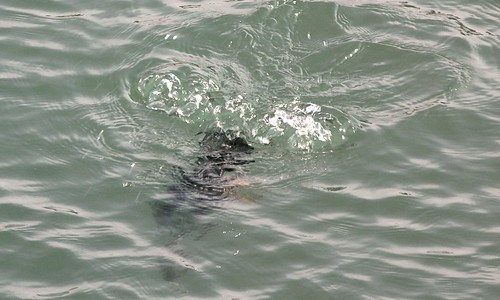It’s The Polity
For a long time, Episcopal Church “conservatives” have argued that the conflict we now face goes back a lot further than the debate over sexuality — and I think the recent meeting of the House of Bishops supports that point, though in ways that ought to be uncomfortable for pretty much everyone.
“Conservatives” (whom I’ll hereafter call “reasserters,” in keeping with efforts to avoid characterizations that jeopardize the clarity and charity of the arguments) point to a long series of decisions in which the Episcopal Church has addressed itself to modernity by (adapting Alasdair MacIntyre’s words) giving skeptics less and less in which to disbelieve. The Bishop Pike trial in 1966 stands as a useful emblem of this — without detailed summary and evaluation, I’ll stipulate that his brother bishops’ decision that repudiating the Trinity did not disqualify Pike from the exercise of the office of bishop signals an ecclesiastical willingness to allow a breadth of theological conviction that seriously compromises the grounds on which the church might arrive at coherent conclusions on any theological point — except, of course, the formal criterion of whether the conclusion was reached by appropriate process.
(Much as I admire Pike’s vigorous support for the civil rights movement, for women and lesbians and gays in the church, his deliberate immersion in the culture of the day, I must distinguish those qualities from what Grace Cathedral diplomatically describes as his “attention-seeking personality” and his patently heterodox theology. One of Pike’s malignant bequests to the church is the sense that “liberal” policies carry an inevitable link to anti-traditional theology, a bequest that funds the popularity of each generation’s sensational disbelievers among responsible “liberals,” whom I’ll hereafter refer to as “reappraisers” for the reasons given above.)
Returning to the thread of my harangue, and speeding past many intriguing scenic overlooks on my way to our topic for the day: It begins to sound as though the Windsor Report meant to convey to the Episcopal Church the message that whatever the standing of our policy on human sexuality, our decision-making process and our governance had fallen out of whack.
This is concordant with some of what the reappraisers have been saying: It doesn’t matter if all the motions, bills, and votes were above-board if they entail contradicting essential elements of Christian faith and life (and no, we may not go back and vote on what constitutes an essential element; our idolatry of voting contributes to these problems).
On the other hand, if the Episcopal Church’s polity is so problematic, why did the rest of the Anglican Communion choose this particular moment to call it to our attention? It does no good to say, “Well, we meant to” or “We tried, but you weren’t listening”; if it’s the polity itself at fault, that polity has been pretty much in place for an awfully long time. It doesn’t work right to chastise us for defective polity only when we make decisions that others don’t like. If our compromised polity justifies cutting us off, then our polity has been cut-off-able for decades at least, and I’m suspicious of lofty statements that call us down just now.
What might be wrong with our polity? It looks to me as though the Episcopal Church (on both “sides”) tends to regard bishops as though they were state governors — “our elected officials.” That neglects the two aspects of a bishop’s vocation that look most important to me: the bishop’s role as a teacher, and the bishop’s role as the point where the local church (the diocese) interacts with the church catholic. On that basis, churches in Iran really do have a stake in whom the Diocese of Chicago elects as bishop; a bishop who can’t function as a liaison (either because the world refuses them, or their home diocese does) can’t fulfill a constitutive aspect of the bishop’s role. The Episcopal Church tacitly recognizes this through its assent process, and (ironically) just exercised the prerogative to not accept a bishop’s election on the grounds that not enough dioceses felt they could rely on that candidate to remain within the Episcopal Church.* Though we do not ask every diocese around the globe to consent to each episcopal election, the principle is the same: A bishop belongs both to the diocese and to the church catholic, and both need to accept the bishop in order to maintain sound polity.
So when the House of Bishops asserts that “the meaning of the Preamble to the Constitution of The Episcopal Church is determined solely by the General Convention of The Episcopal Church,” or that we have no intention of leaving the Anglican Communion but that our polity does not permit arrangements such as the Primates requested, they’re begging the question. It’s the polity itself that has come into focus as the problem. The Primates want a polity in which our bishops stand more fully accountable to the world church, because (on this interpretation) that’s part of their job description; and the Episcopal Church says, “You can’t exclude us because that’s not the way we do things.” The US position looks an awful lot like an assimilation of ecclesiastical roles to local civic models: the U.S. bishops should lobby on behalf of the citizens they represent to bring home favorable policies (and if the governors of Utah and Mississippi, even the President of the U.S., don’t like the governor of Iowa, it’s tough luck because the Iowans voted for her). That’s not my understanding of how the members of the Body of Christ work together to build up and strengthen the whole.
As usual, I’m not fully convinced by either side of the argument. On formal polity questions, I’m more sympathetic with the Primates; I believe in bishops and their important role as teachers and mediators between local and global churches. On particular theological conclusions, I’m more sympathetic with the U.S. church, though I arrive at that sympathy by a reasoning that more closely resembles the reasoning of the Primates. I continue to support the full inclusion of my neighbors in the leadership and sacramental life of a catholic communion. How that plays out, I can’t imagine right now. I’m not, however, overjoyed at the U.S. bishops’ bold firmness; I’m saddened at the mutual misunderstanding that our present situation bespeaks, and frustrated by partisan rhetoric all around.
* Much more to say about the Lawrence non-election, but I hope that South Carolina will renominate and re-elect him, and that the Standing Committees that had muffed their consents will execute them correctly. Maybe a few of the dioceses that had refused consent before will even make a consistent, sensible decision to reverse their previous refusal.
